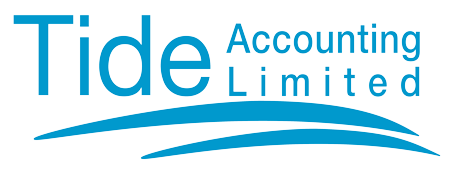The cash basis is now the default for self-employed income reporting. Learn about the key updates, opt-out options, and how this simplified method can ease your self-assessment obligations with HMRC.
The cash basis is used by sole traders and other unincorporated businesses to determine their income and expenses for self-assessment. This simplified method can ease record-keeping and income reporting to HMRC, whilst still providing a suitable measure of profits for many businesses.
Since 6 April 2024, the cash basis has become the default method for calculating income and expenses for self-employed individuals and partnerships when filing their Income Tax self-assessment return.
Businesses that prefer traditional accruals accounting or who are ineligible for the cash basis, must opt out of the cash basis when submitting their self-assessment return. The first return requiring this decision will be the 2024-25 return, due by 31 January 2026.
There have also been a number of other changes to the cash basis that took effect for the current 2024-25 tax year. This includes the following:
- The removal of the turnover thresholds for businesses to use the cash basis.
- The removal of the restrictions on using relief for losses made in the cash basis, aligning the rules with accruals.
- Interest restrictions have been removed so both cash basis and accruals accounting are subject to the same tax rules.
- People with more than one business will be able to choose whether they use the cash basis or accruals accounting for each business they have, rather than having to pick one method for all their businesses.
The cash basis is not available to limited companies and limited liability partnerships.

